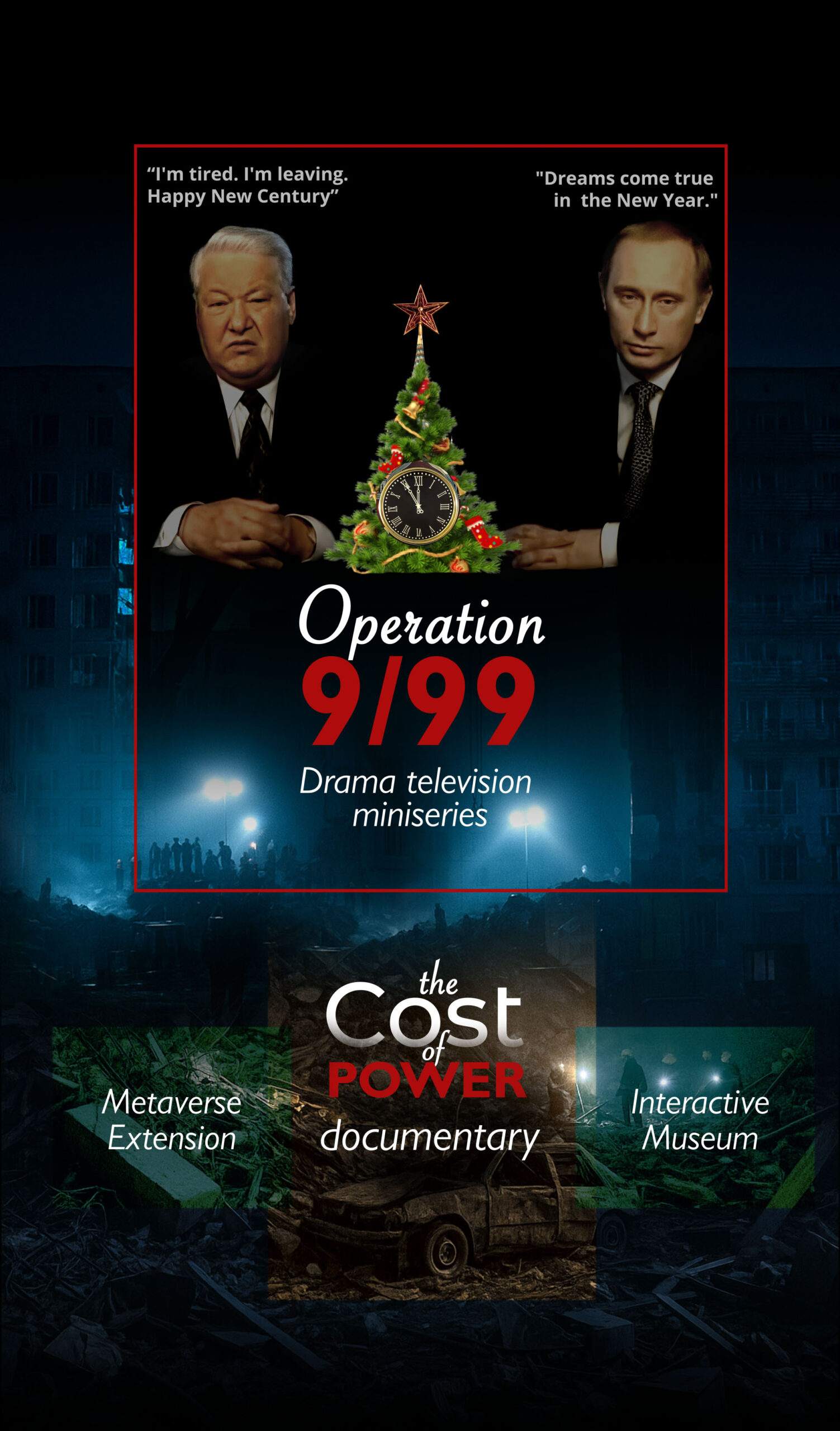
Miniseries
Operation 9/99 4×56
read the script
The historal drama television miniseries telling about deadly apartment bombings rocks Russia in the fall of 1999, a group of investigators and journalists risk their lives to uncover a dark conspiracy buried beneath the ruins—one that reveals a covert operation orchestrated by the state to ignite war and install an ex-KGB agent into power.
Documentary
The Cost of Power 3×46
trailer
watch episode
Largely unknown to Western audiences, a series of haunting tragedies— the apartment bombings, the Kursk submarine disaster, the Moscow theater and the Beslan siege—marked Vladimir Putin’s rise. This gripping documentary exposes the true cost of that power, and the silence that made it possible.
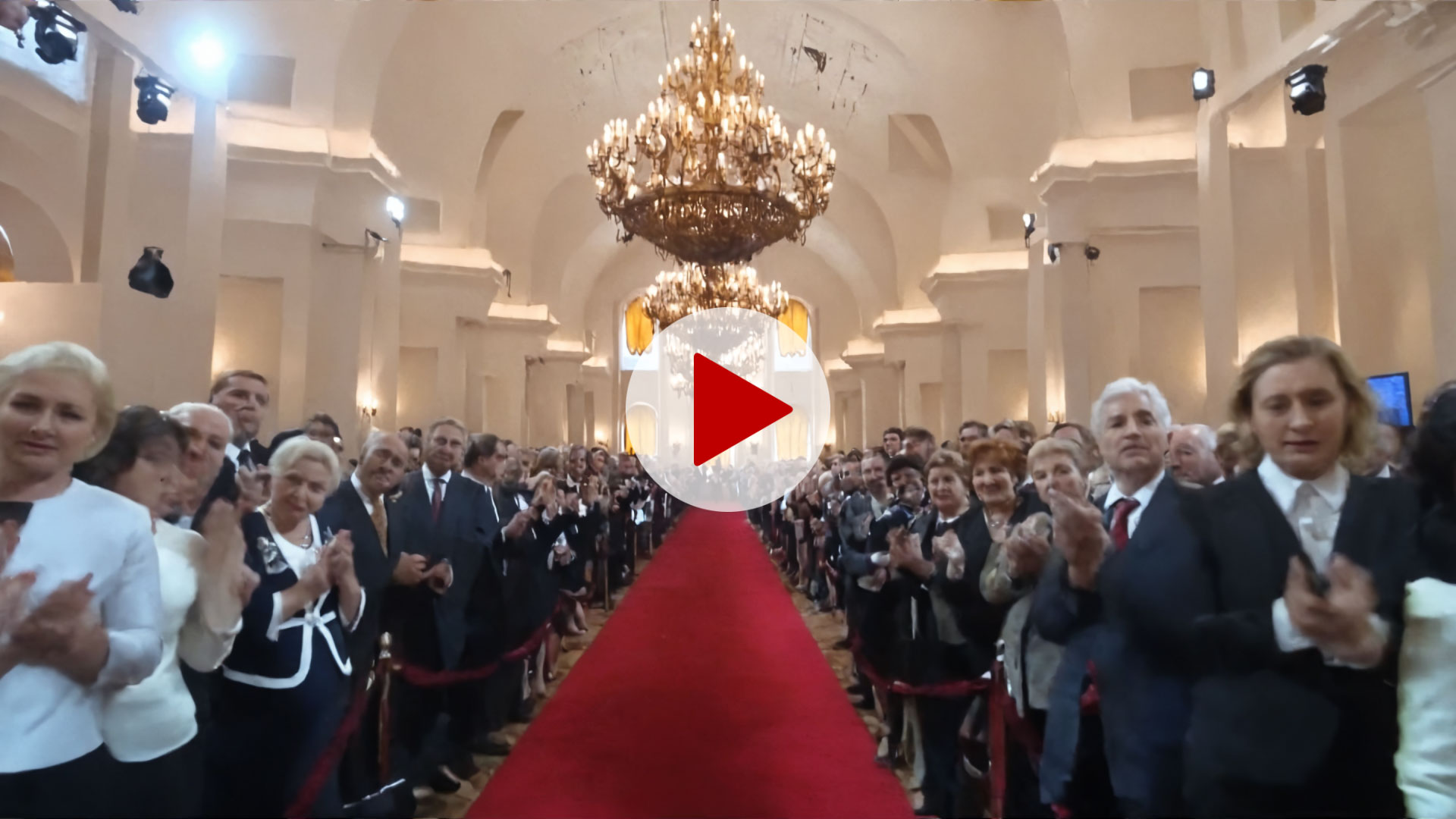
Expert panels

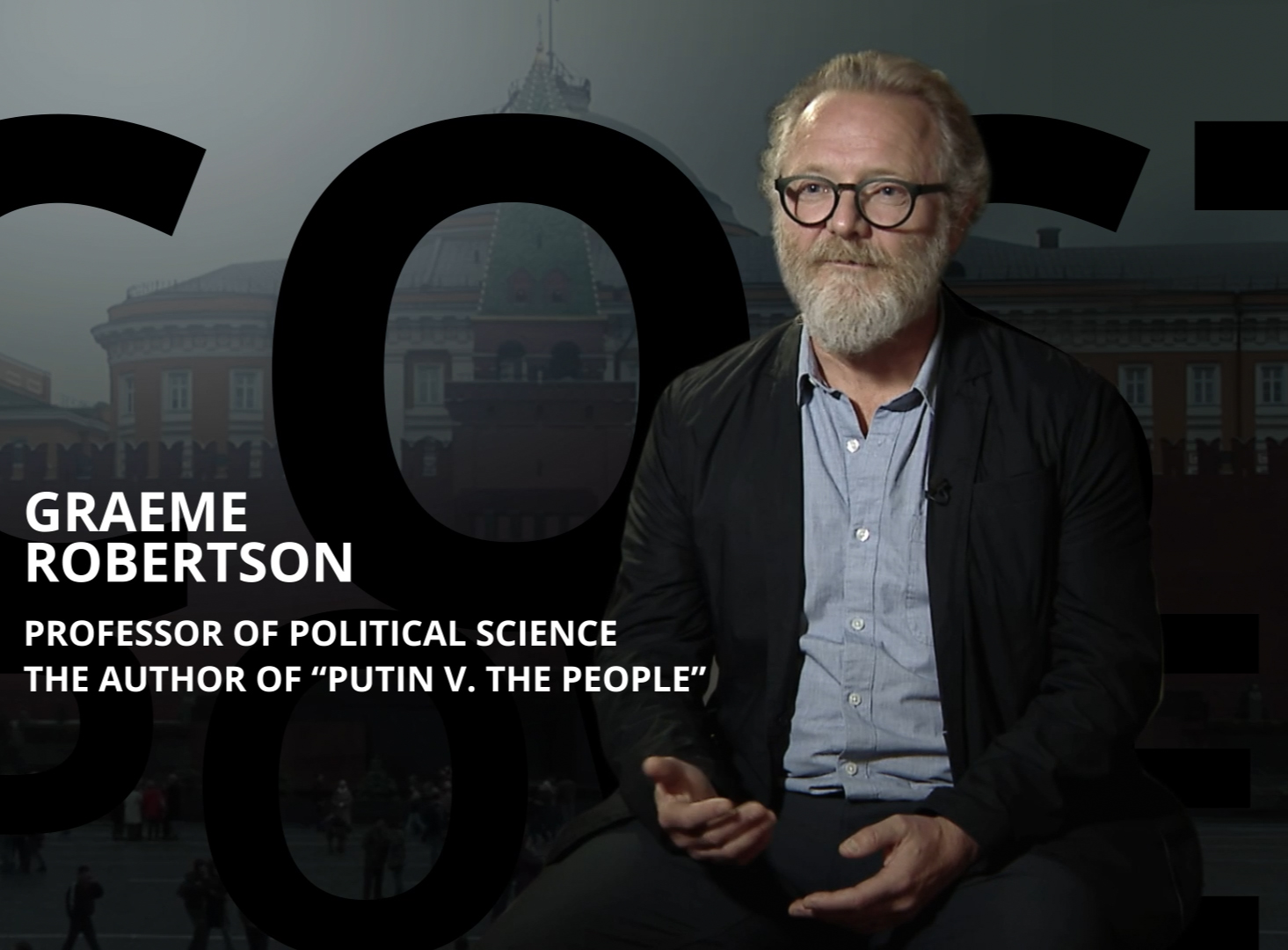
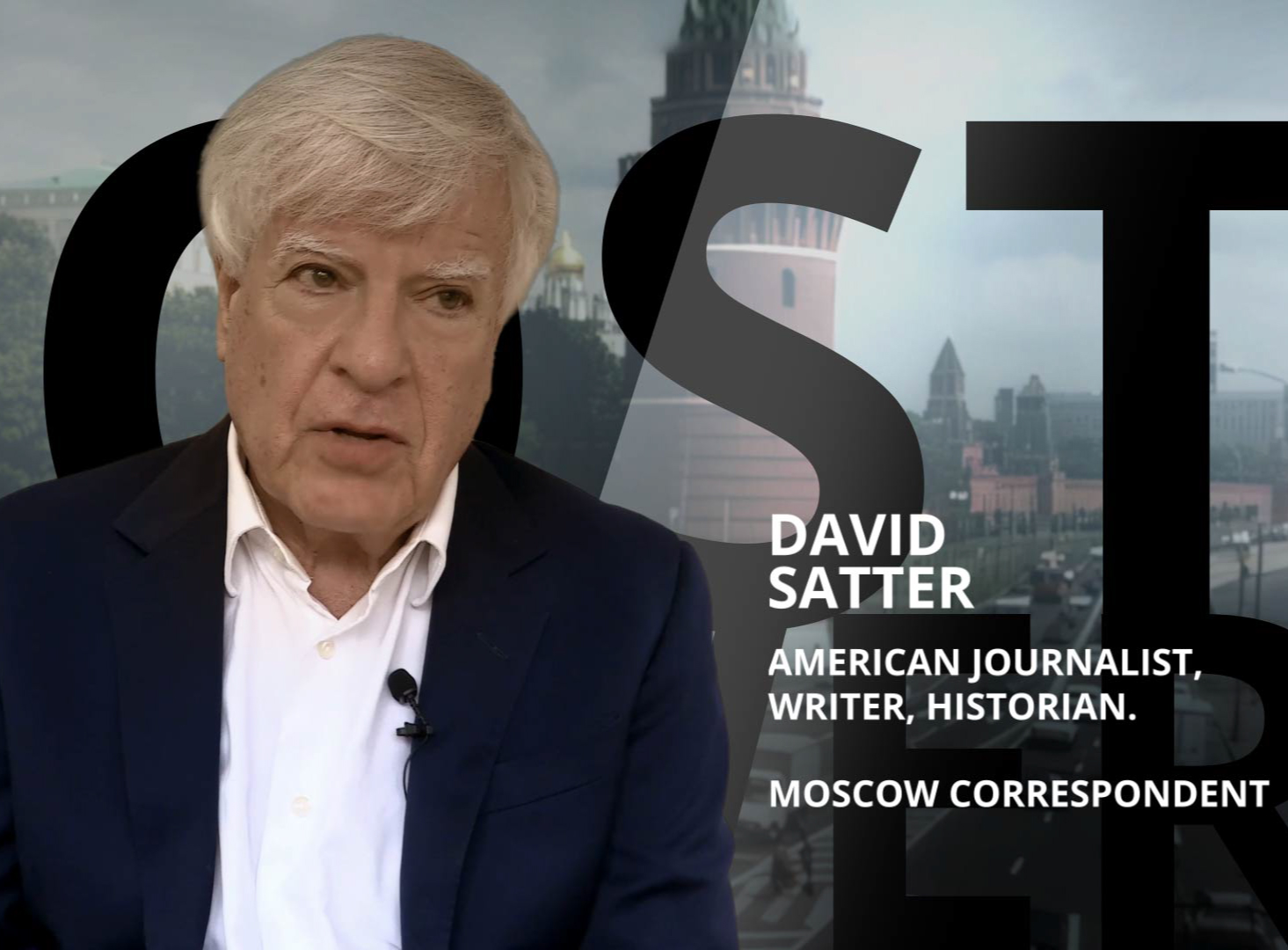

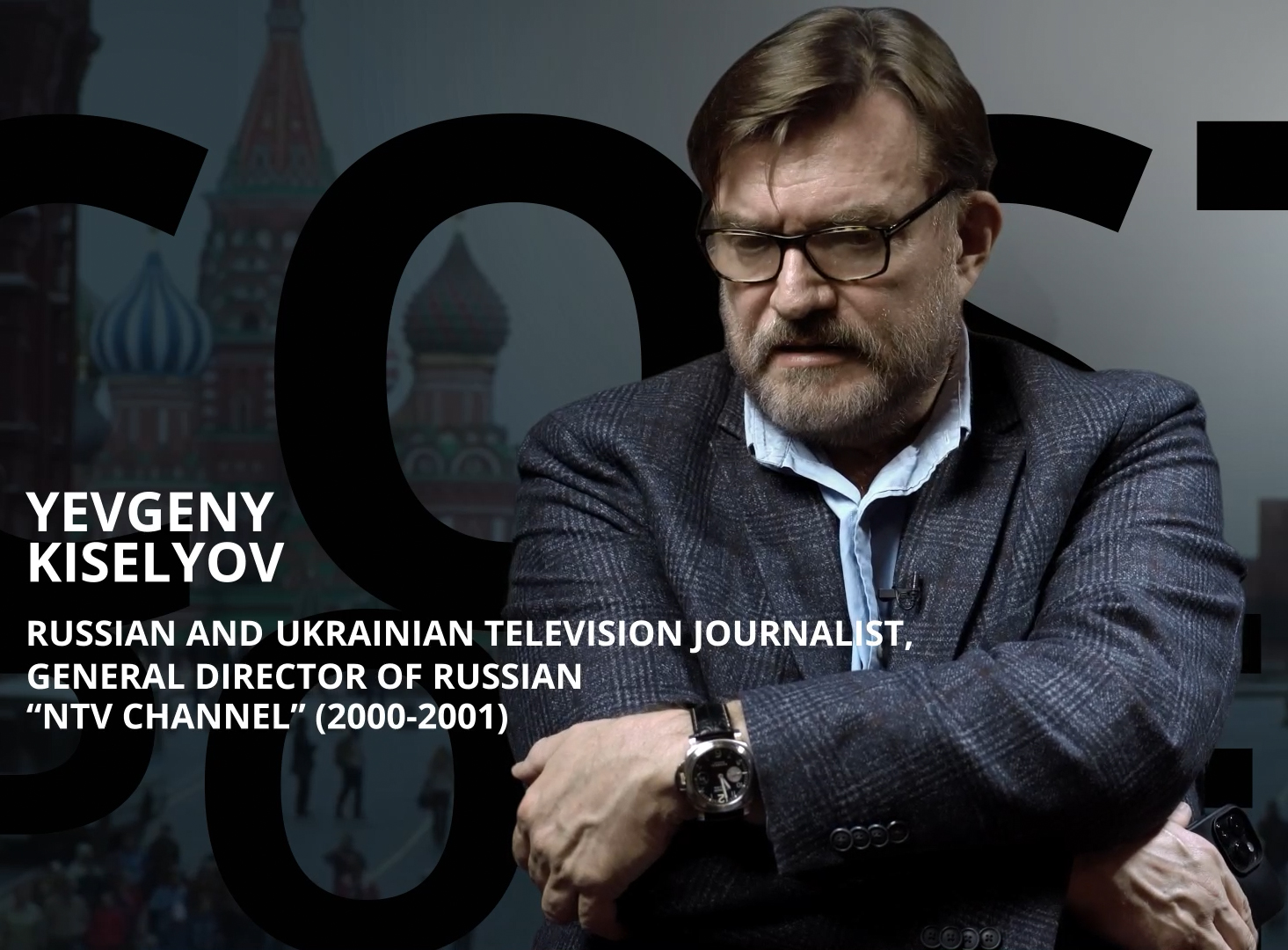
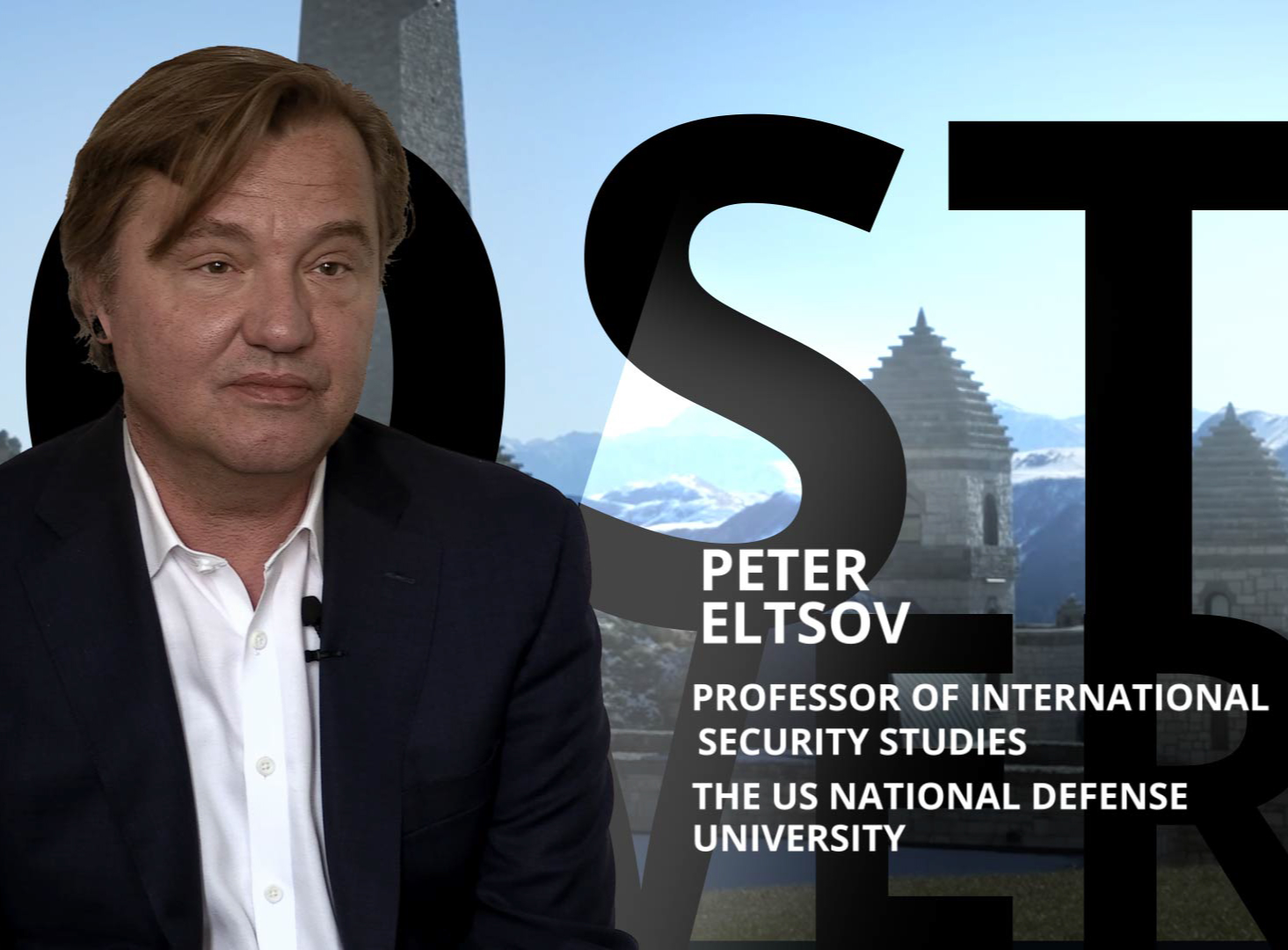
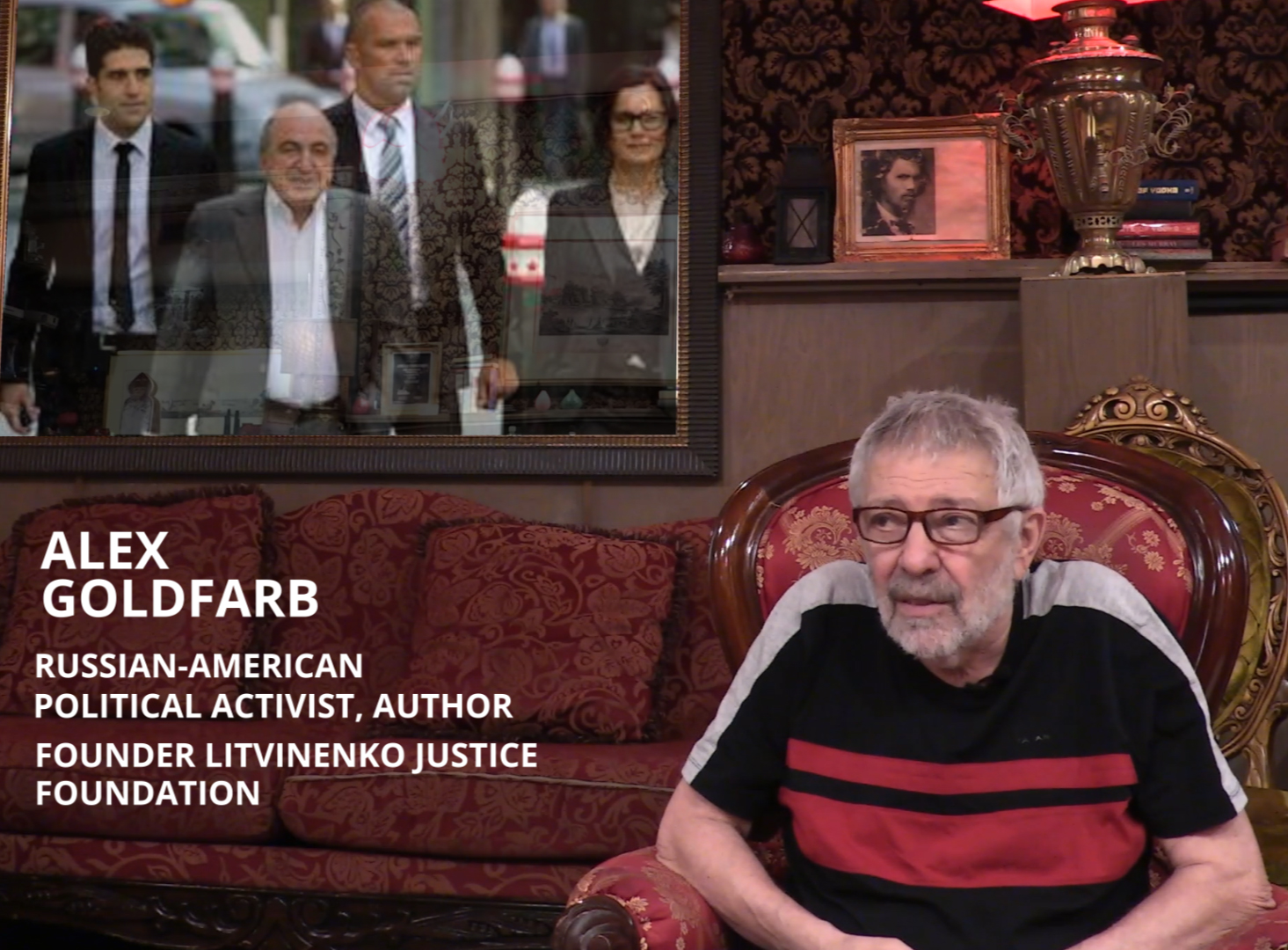
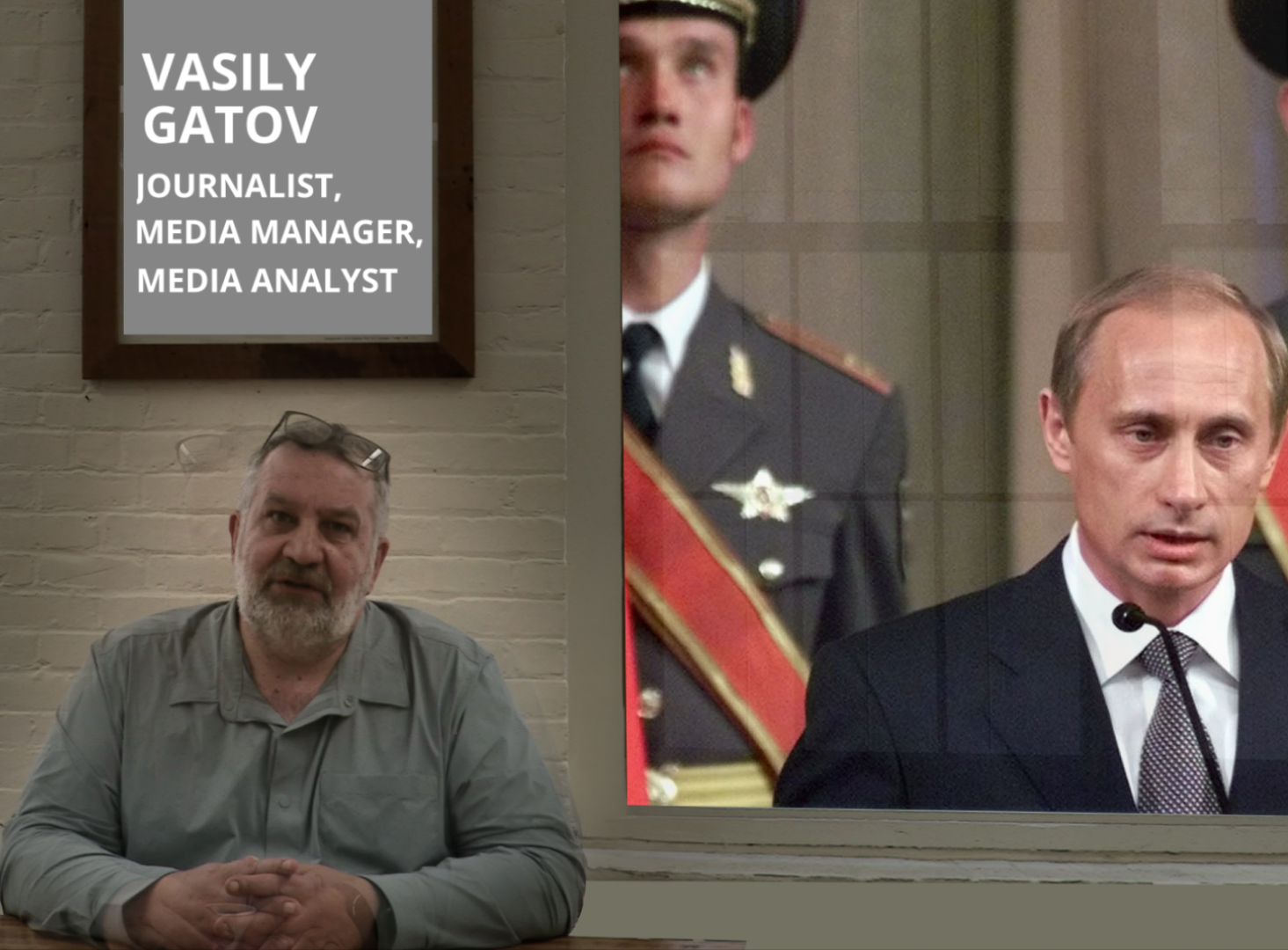
Metaverse Extension
watch demo
Step into the evidence: an immersive metaverse reconstruction where users walk through the shattered remains of 1999 Russia, connect eyewitness accounts with classified documents, and build their own investigation boards in a digital replica of the cover-up that reshaped global power.
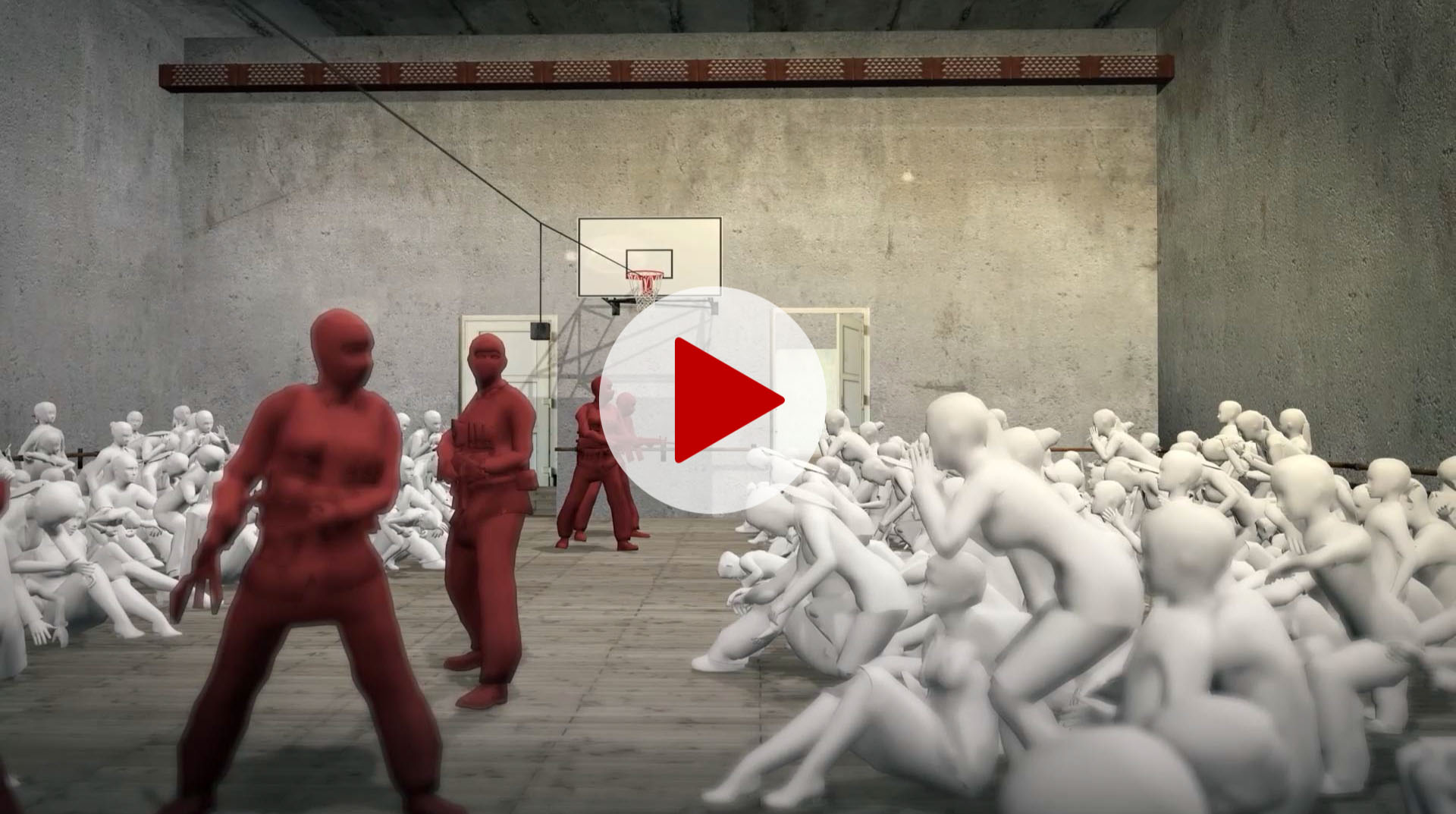
Interactive Museum
try the concept
An investigative museum without walls—explore declassified documents, personal testimonies, and forensic reconstructions in an interactive archive where every visitor becomes a researcher uncovering the truth behind Russia’s darkest political tragedies.
